12 Japanese ways to teach children that parents can learn
1 Teach your child discipline
Discipline is essential for children from an early age. In Japan, when children were children, they were taught how to queue when crossing the street, buy goods, wait for their turn and voluntarily eat on time without parents reminding them. Discipline in Japan is not practiced by the strict whipping or shouting of the parents, but by the patience and gentleness of the parents.
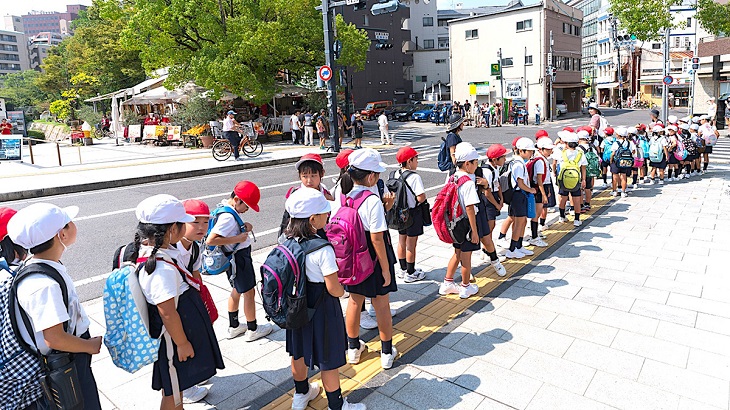
To teach children good discipline, parents must first set an example for their children to follow and repeat every day. Repeated disciplinary actions will help your child form good discipline. Another Japanese way of teaching good children is to always let children understand that parents are punishing their wrong actions, not punishing them. Punishing a child without explaining to them clearly about their mistakes can cause negative psychology for children.
When their child makes a mistake in public, the Japanese don't scold them in front of everyone. On the contrary, they will find a secret place and explain to you what you did wrong. This will help the child understand where he is wrong, he will receive respect and also protect both parents and children. From there, the children will gradually come into order and discipline.
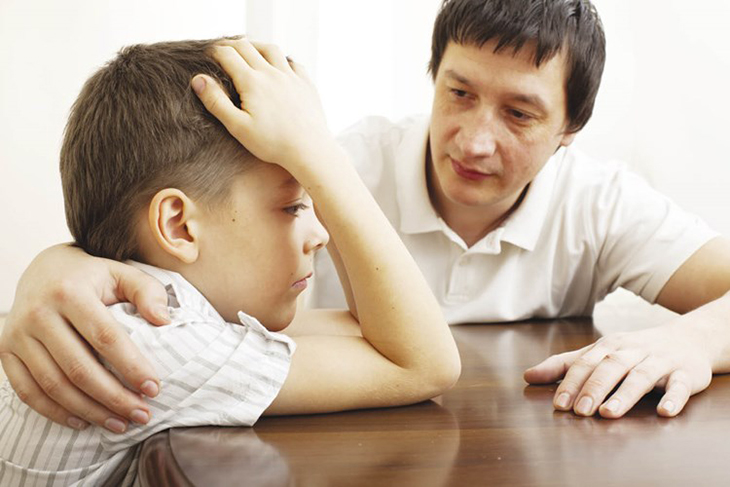
2 Teach your child to be fair and respectful to everyone
Children in Japan will always be respected, equal and fair whether you are rich or poor, when you go to the same school, you are treated equally by teachers. In the first years of life, children will be taught about the values of living together in a society. Besides, children are always taught to treat all friends fairly and to respect elders. The culture of bowing 90 degrees is always a beauty that the Japanese train their children from a young age.
Japan also has a culture and fashion trends that are very different from the rest of the world. Because they teach their children to respect the preferences and privacy of others. Japanese parents teach their children to respect the professions that are considered the lowest such as street cleaners, electricians, janitors, etc. Everyone must be treated equally and all jobs are worth it. Best regards.
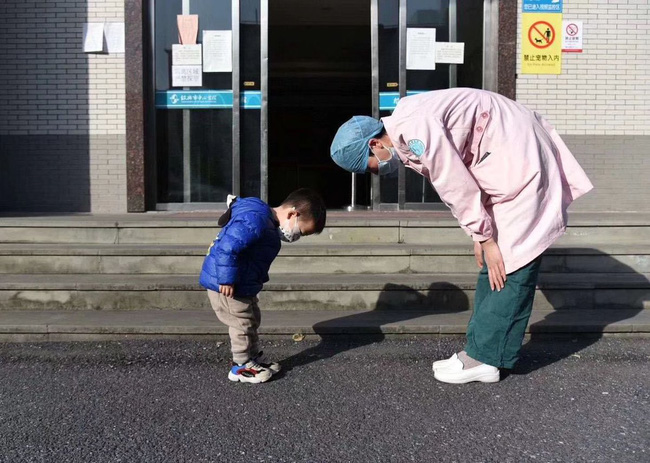
3 Always set an example and care about the parenting environment
The Japanese always set an example for their children to follow because they think that they are a reflection of their children and always try to live a disciplined and disciplined life. Because of the fact that they also grew up as children who were raised with family love, respect and equality. You will be hard pressed to see Japanese parents teaching their children what is right but doing the opposite themselves.
They are also very concerned about their child's surroundings. Japanese parents believe that if an environment is full of social evils, their children will not develop well. In addition, the outside environment is only a part, the family atmosphere is also a very important factor.
The members always stick together is the Japanese way of teaching children since childhood. If their family has any conflicts or conflicts, they will solve them peacefully, not letting the children witness.

4 Create opportunities for children to participate in group activities
Not only focusing on teaching discipline and order for children, Japanese parents also focus on creating opportunities for children to participate in collective activities to help them exercise physically and have fun. with friends. For children aged 2, parents have children walk regularly every day and they break the exercise distance into short 10m, 20m each day.
Besides, they also take their children to the parks to participate in collective activities there or the school will organize group activities for the children because these activities will support their children's development of health and fitness. make friends and help your baby develop essential soft skills. The Japanese always want their children to develop comprehensively both physically, intellectually and socially.
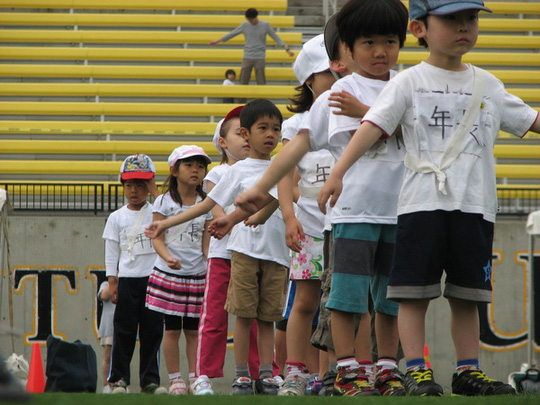
5 Always encourage children to express their own abilities
Parents in Japan always create opportunities for their children to learn subjects that they love. Children are allowed by their parents to participate in extracurricular sessions, camping with friends at school organized by the school to help them practice confidence and courage from an early age. During such extracurricular lessons, children showed great interest and that left a deep impression on them.
Moreover, children are always concerned about their schoolwork by their parents and they are free to speak their mind. Children are also taught by their parents to bake cakes, participate in overnight festivals, community performances, exhibitions,… to help them develop life skills and express themselves. individual ability.
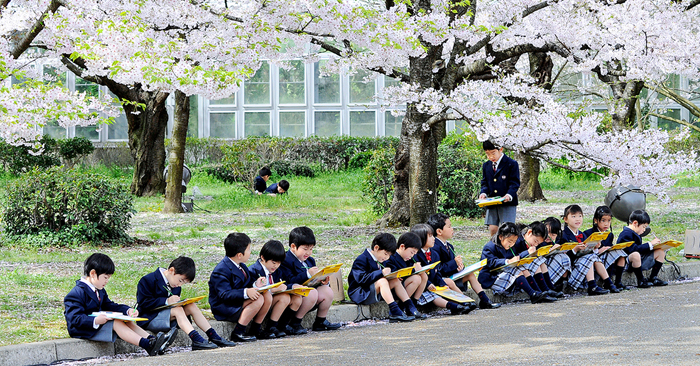
6 Train children to be self-disciplined from an early age
The habit of training children's self-discipline at an early age is very important for children in Japan. When they were only 2-3 years old, the children were taught by their parents to scoop rice to eat, how to hold chopsticks, to clean themselves and to sit properly at the table.
Children in Japan are always aware of what they need to do, they don't have to wait for their parents to teach them or others to remind them. Therefore, it is this feature that highlights the parenting style of Japanese parents.
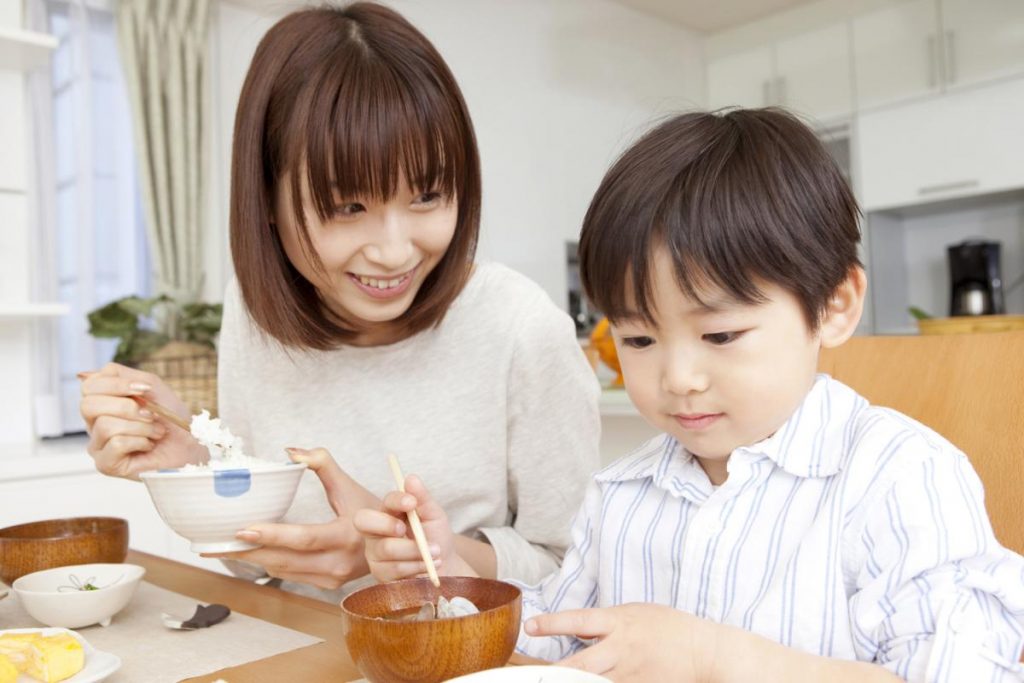
7 Don't criticize children's mistakes
Just like teaching children discipline, parents will not punish the child but only punish the child's actions that have been done wrong and also do not criticize the child's mistakes. Criticizing children's mistakes is a common problem in today's families. But Japanese mothers think that everyone makes mistakes and that criticizing other people's mistakes does not help them better and of course, that criticism does not happen to their children.
In Japan, severe punishments such as whipping and cursing will not be applied to parents. Instead, there are teachings, just telling the child that the action is wrong, reminding him not to repeat it next time. It is important that when children make mistakes, parents should not scold them and teach them how to correct them.

Teach your child how to research and explore
Teaching children how to research and explore is a necessary job to train children's thinking from an early age. Things that we research and study ourselves will remember longer and longer. Just like when we know the address but are taken by someone else in the car, we find it very difficult to remember the way. But if we use the map ourselves, and then ask for directions while walking, we will remember it for a long time.
Even as a child, Japanese parents taught him how to look up a simple dictionary, he would use a dictionary to write the correct Chinese characters or look up the meaning of words. With this self-searching and tinkering way, children can learn correctly without getting bored.

9 Be patient with children
Many parents are often short-tempered, annoyed when their children do not obey and often make mistakes that parents have taught their children before. Children will always have a lot of questions, sometimes very naive questions or asking the same question over and over. Therefore, parents may not have the patience to answer their children's questions. But Japanese parents are not afraid to repeatedly explain to their children a problem.
Because according to the Japanese concept, children need a lot of time to master something and at least 3 months. For example, once a child has memorized the word "aiueo", it takes at least 3 months for a child to be able to read them fluently. Therefore, parents are always very willing and patient about their children's questions.

10 Focus on fairy tales
Just like many parents around the world. They will also educate their children through fairy tales. Japanese parents believe that this will be the material and inspiration for the child's boundless creativity in the future. Because in fairy tales there are always mythical elements and strange and utopian things.
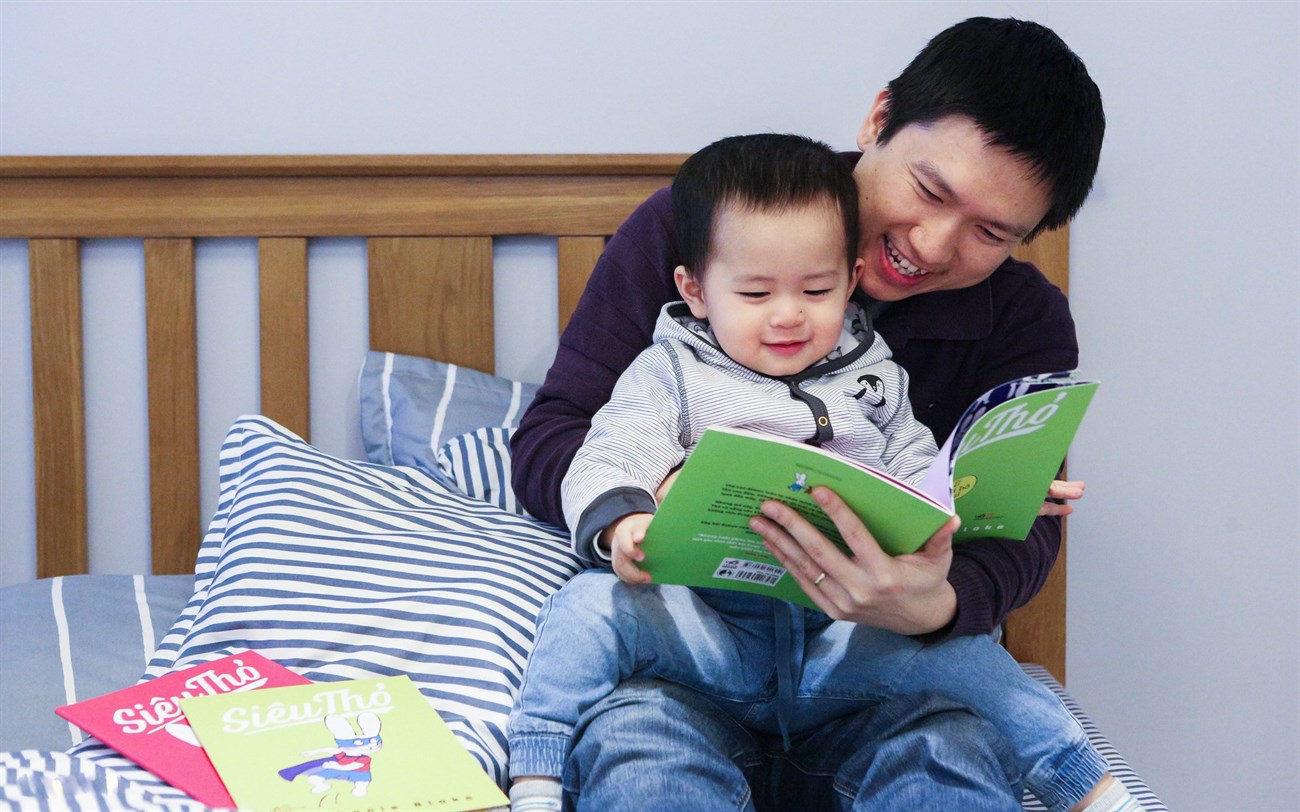
11 Do not label or impose on children
Do not attribute or impose children, this is a very good teaching in Japanese parents. They think that if we impose on the child, it will make the child's psyche become uncomfortable, the child will not be free to do what he likes, and the child's personality will become more and more timid.
Japanese parents do not use negative words to scold their children. Instead, parents will gently tell their children that they did something wrong and won't do it again next time. If you use harsh words of abuse, it is certain that the child will follow and he will also be strongly psychologically affected.
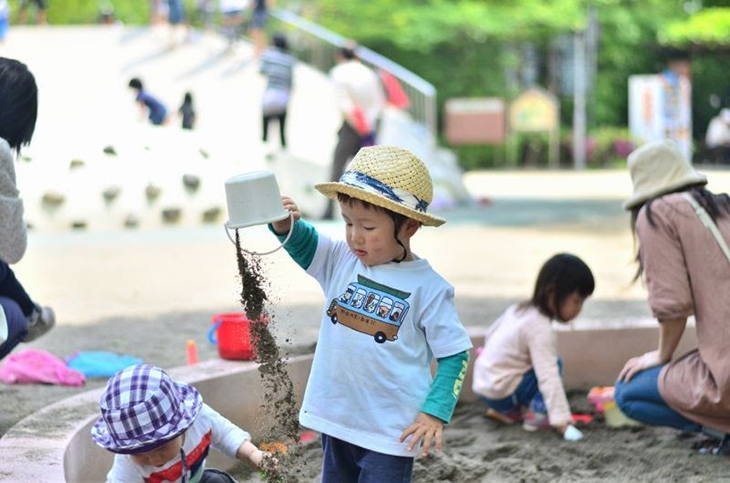
12 Praise your baby's specific behavior
When the child does well at something, Japanese parents will not say "My child is too good", this will make the child become conceited, not trying hard at things later. They only praise the specific behaviors that the baby has done, such as "My daughter is really good at picking rice today", "Who is so good at changing clothes by herself",…
Because they think that, when children are praised for a specific action, the next time, the baby will perform better at that job and the parents will be satisfied and continue to praise. Japanese parents are not afraid to praise their children, but they are very specific.

Hopefully this article with 12 Japanese ways to teach children will help parents learn in teaching their children. Any questions please leave a comment below!
The post https://meo.tips/family/12-japanese-ways-to-teach-children-that-parents-can-learn/ appeared first on Meo.tips.
View more from Meo.tips:
What is rock moss? How to make deep-fried rock moss – a specialty of the NorthwestSpending all day cleaning the bathroom is because you don't know these 7 top tips
How to choose to buy safe fresh shrimp, not chemically pumped
4 ways to take care of dyed hair shiny, smooth and always durable
Curl your hair easily at home with just 1 pair of socks? It sounds a bit surreal, but it's effective
Instructions on how to make a natural cleaning solution from kumquats on Tet holiday
5 simple steps to make music on Tik Tok, easy to do with just your phone
Electric fan slow rotation, weak rotation? The cause and how to fix it
Simple hair straightening tips at home quickly get the hair you want
7 conditioners to make hair smooth and shiny without going to the spa
Brightly welcome Tet with tips to beautify skin in a short time
Pocket how to make lips pink with natural ingredients at home
Tips to use moisturizer for skin properly in summer
Tips to treat burns effectively from ingredients available in the kitchen
Put the charcoal in the microwave, the miracle happens after a few days that will make you regret not doing this sooner
5 simple ways to remove lipstick stains on clothes quickly and easily
Ironed clothes are burnt, what to do?
Suggesting types of Tet gift wrapping for the new year 2022 are super simple and fast
What is a year-end party? What do they mean? Checklist to organize year-end party for the company
Tips for handling when being bitten by ants in the rainy season
Nhận xét
Đăng nhận xét